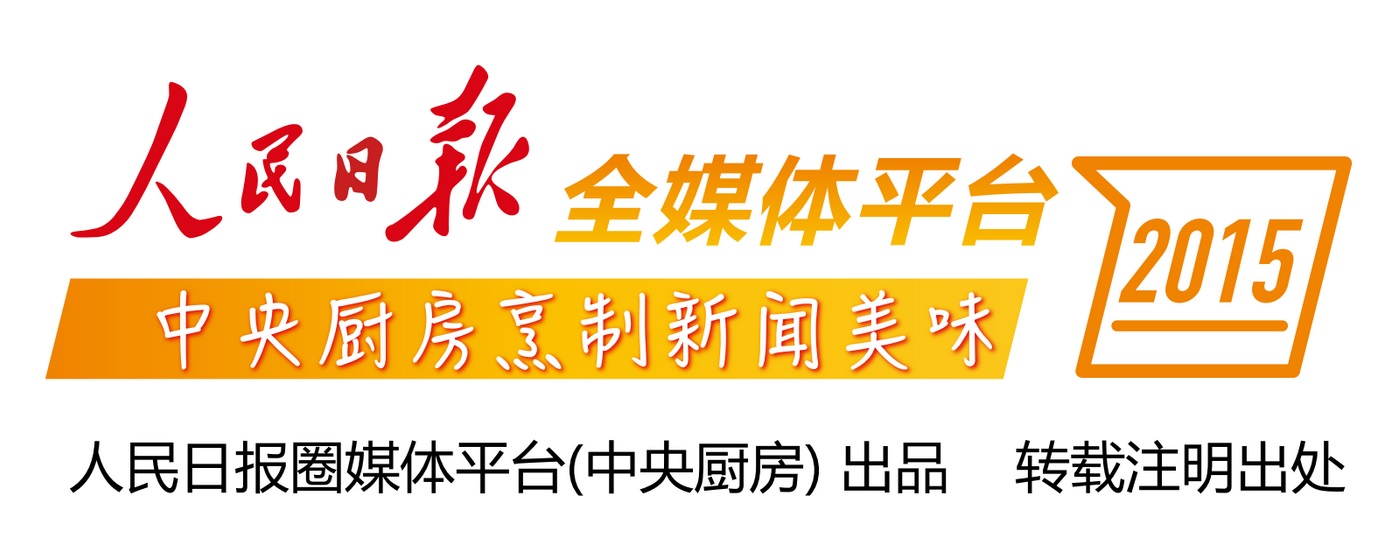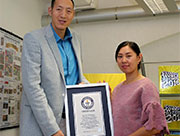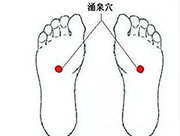


File photo of Chinese president Xi Jinping.
China and the US should work together to improve the global governance system, enhance cooperation and jointly respond to major challenges facing mankind, said Xi Jinping on Tuesday ahead of his first official state visit to the US as the Chinese President.
“The global governance system is built and shared by the world, not monopolized by a single country, ” said Xi in a written interview with The Wall Street Journal. “China certainly has no intention to do so.”
China is involved in building the current international system, and has always done its part to uphold the international order and system with the UN as its core and the purposes and principles of the UN charter as its foundation, Xi said.
He added that China stands ready to work with all the other UN member states to build a new type of international relationship featuring win-win cooperation, improve the architecture of global governance, and build a community of shared future for mankind.
Citing the annual shortfall in funding for Asian infrastructural development is around $800 billion, he noted that the Asian Infrastructure Development Bank (AIIB) is established mainly to meet the need of Asian countries for infrastructure development and further cooperation.
“China welcomes the US to join the AIIB. This has been our position from the very outset,” said the president.
China and the US have been cooperated closely in addressing various regional and international issues as well as global challenges, ranging from the Korean nuclear issue and the Iranian nuclear issue to Palestine-Israel peace talks, South Sudan, climate change and major epidemic diseases, Xi said.
For example, “China will maintain close communication and coordination with the US and relevant parties to properly address issues relating to the Korean Peninsula and ensure long-term stability of Northeast Asia,” Xi said.
He stressed that one should see the larger picture and not just focus on differences in approaching the China-US relations and promised to have in-depth exchanges of views with President Obama on bilateral relations and the international developments and engage the American public.
The president noted that the Nansha Islands have been China’s territory since ancient times and its development and maintenance of facilities on some of our garrisoned islands and reefs “does not impact on or target any other country, and it should not be over-interpreted.”
“These facilities have been built to improve the working and living conditions of the Chinese personnel on the maritime features, provide international public goods and services, and better uphold navigation freedom and safety in the South China Sea,” Xi said.
He said that China, which is also a victim of hacking, takes cyber security very seriously and is ready to strengthen cooperation with the US. “The Chinese government does not engage in theft of commercial secrets in any form, nor does it encourage or support Chinese companies to engage in such practices in any way.”
Speaking of China’s policy on the Internet, Xi said as one of the greatest inventions of the 20th century, the Internet has turned the world into a global village by profoundly changing the way people live and work and vigorously boosting social development.
“Though highly global, this new frontier is by no means a land beyond law,” Xi said. “Rule of law also applies to the Internet, with the need to safeguard a country’s sovereignty, security and development interests as relevant as in the real world. Freedom and order must be upheld side by side in both cyberspace and the physical world.”
China’s Internet is booming, providing immense opportunities and market horizon for businesses around the world. We welcome all foreign companies in China and will respect and protect their lawful rights and interests provided that they abide by the laws and regulations of China and do nothing to undermine China’s national interests and interests of Chinese consumers, Xi said.
As to the Chinese economy, Xi said it is still “operating within the proper range” and China is stepping up efforts to shift its growth model, make structural adjustment and place greater emphasis on developing an innovation and consumption-driven economy.
“It is our hope that by solving these problems, China’s economy will transform itself and retain its robust dynamism for development,” Xi said, adding that an important goal for China’s current economic reform is to enable the market to play the decisive role in resource allocation and make the government better play its role.
“That means we need to make good use of both the invisible hand and the visible hand,” said the Chinese President.
Xi said that China has been working to improve market-based RMB exchange rate regime. “Recent measures to improve the quotation of the RMB central parity is a case in point, as it gives greater say to the market in deciding the exchange rate.”
Meanwhile, “Given the complexities in the current international economic scene and financial market and the apparent divergence in market makers’ expectations of the future trend of the RMB exchange rate,” said Xi. “There had been a long-standing gap between the central parity and market exchange rate of the RMB.”
Answering the query if the investment climate has changed in China, Xi said that China has taken a series of investment facilitation steps, significantly cancelling restrictive items and adopting a management model based on pre-establishment national treatment plus negative list approach in recent years.
Rebuffing the accusation that anti-corruption efforts will hurt the economy, Xi said “fighting corruption, including such malpractices as rent-seeking, will help build a clean government, remove hurdles that impede market operations, promote fair rules and bring about a better investment and business environment.”

Day|Week

 Stunning photos of air show in China’s V-Day parade
Stunning photos of air show in China’s V-Day parade Bikini models compete in oriental beauty pageant
Bikini models compete in oriental beauty pageant Archaeologists find 4,000-year-old sentry post in Shaanxi
Archaeologists find 4,000-year-old sentry post in Shaanxi Chinese couple claim title for Guinness world's tallest married couple
Chinese couple claim title for Guinness world's tallest married couple Left-behind child faces separation from father after summer vacation
Left-behind child faces separation from father after summer vacation Scenic Liangshan: Photographers' paradise
Scenic Liangshan: Photographers' paradise Amazing China-made flying car expected to serve in the army
Amazing China-made flying car expected to serve in the army Bikini boxing on opening day of a bar in Taiyuan
Bikini boxing on opening day of a bar in Taiyuan Have you met her? Campus belle from Wuhan University
Have you met her? Campus belle from Wuhan University Expert reveals top five longevity acupuncture points
Expert reveals top five longevity acupuncture points